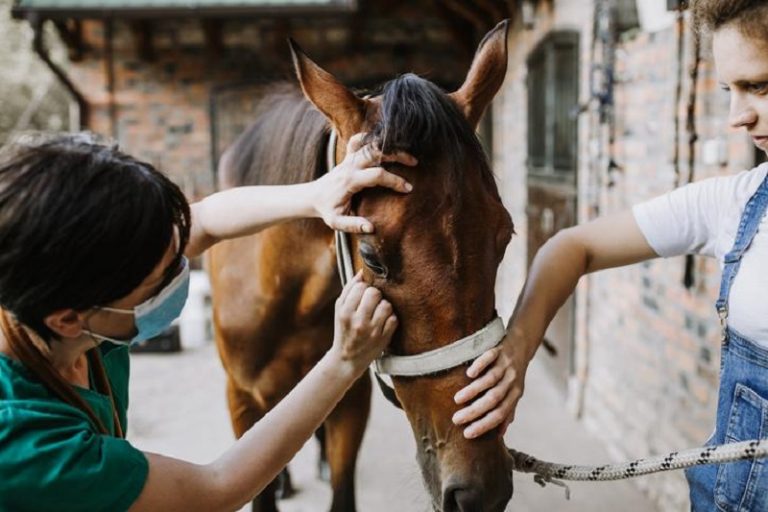According to SENACSA´s Director José Martin, the study results would be available in coming hours and cleared up that measures are being taken at the bordering zone with Argentina to avoid possible contagions.
In statements to ABC, Martin also revealed that about 15 suspected WEE cases have already been ruled out.
WEE mainly affects equines, mules and donkeys. It is caused by an Alphavirus found in the Americas region and can be transmitted to humans through the bites of infected mosquitoes which act as vectors. In humans, the disease has a 10-day incubation, and most cases are asymptomatic or present mild symptoms such as fever, fatigue, muscle aches and general malaise that resolve within a week or so.
According to Martin, inhabitants of the border area with Argentina were asked to urgently notify the nearest health center in case of suspicion of having contracted the disease.
pll/ro/ifs









